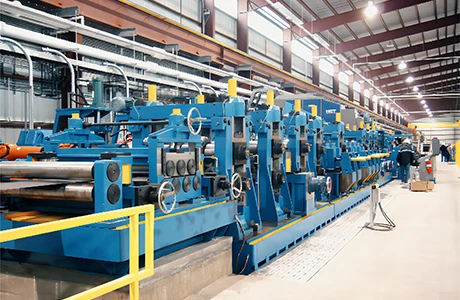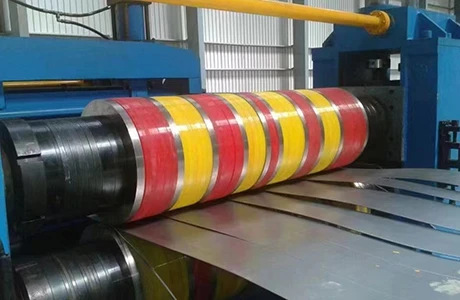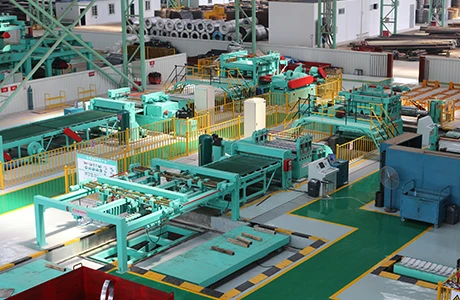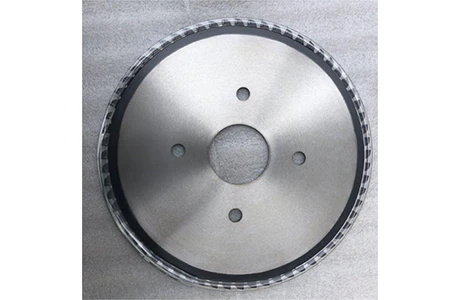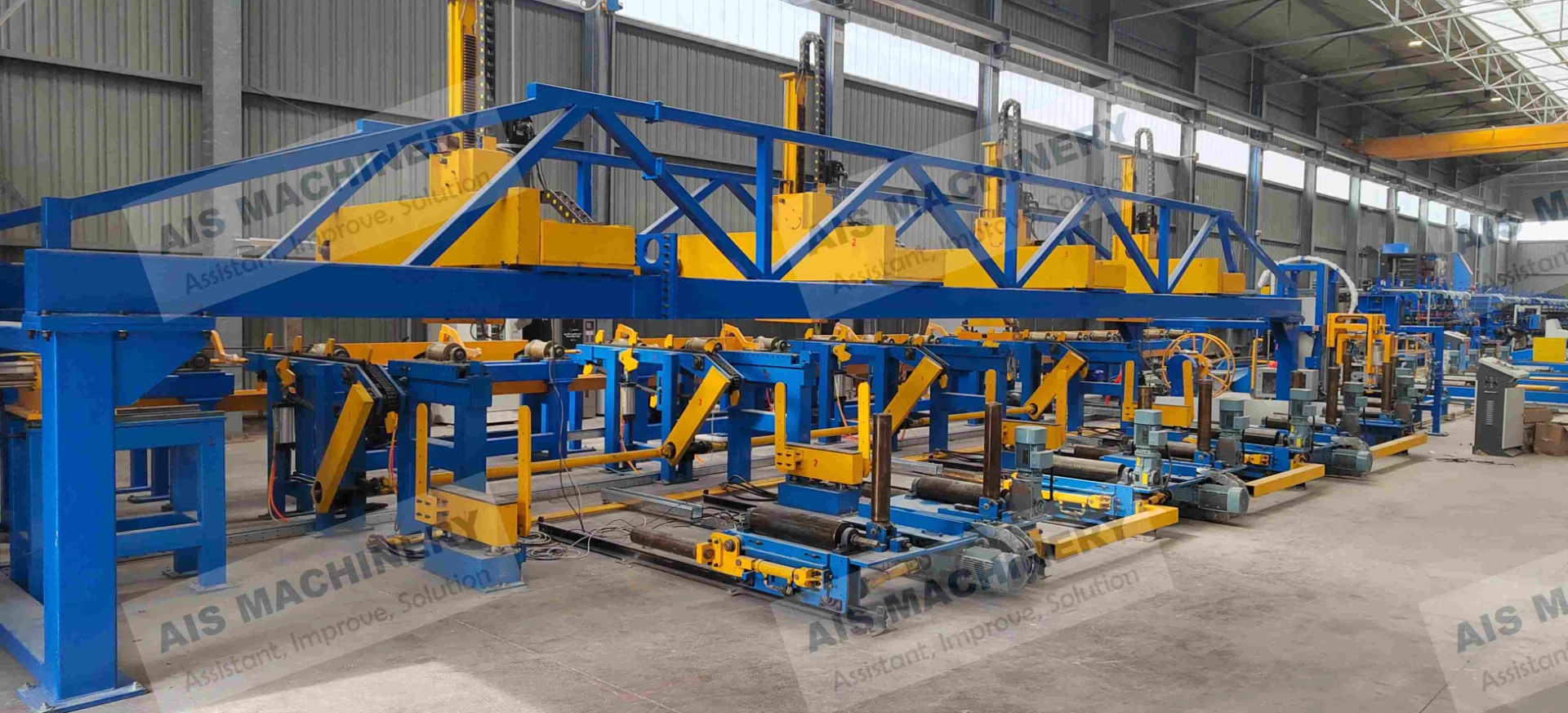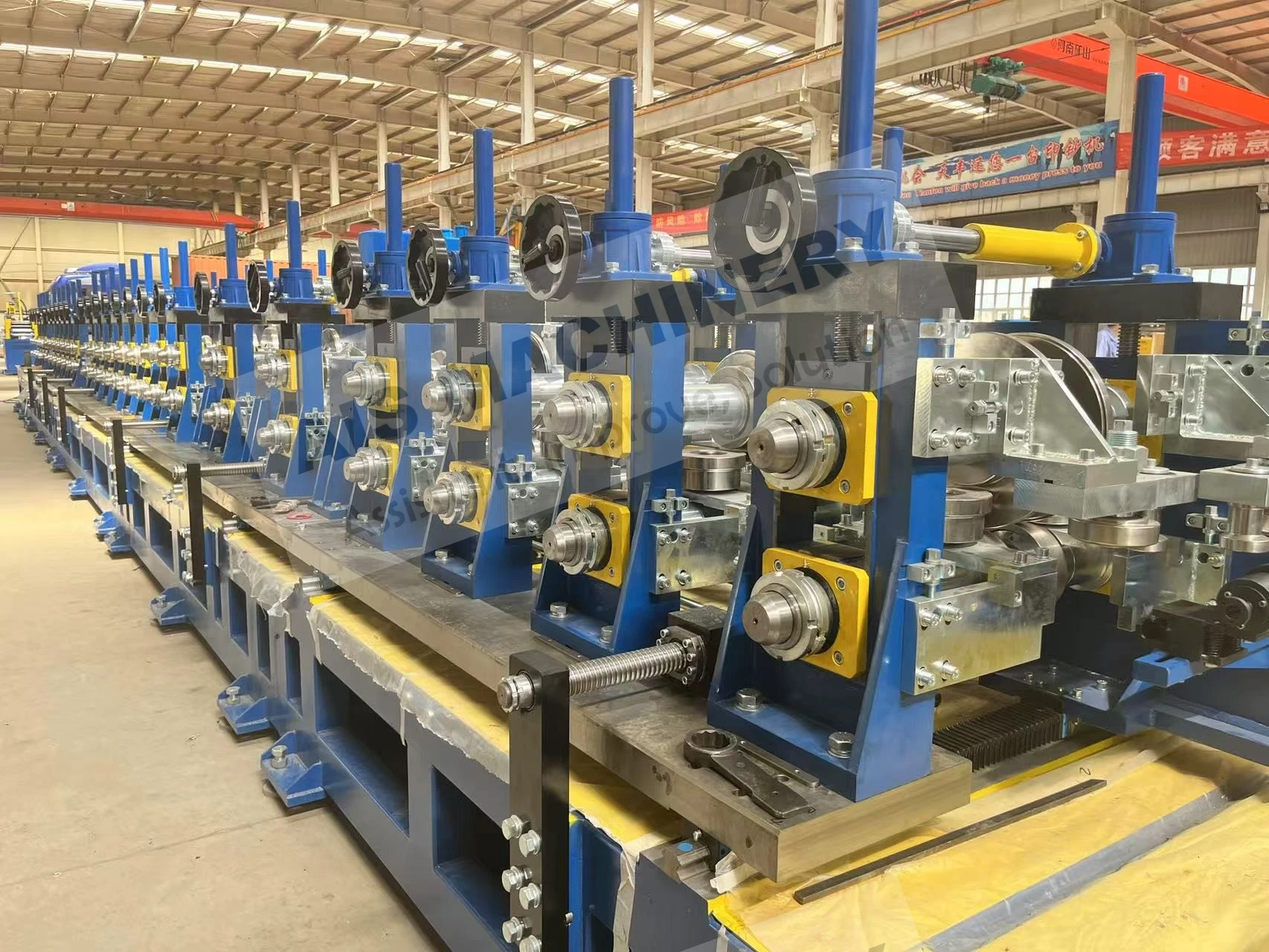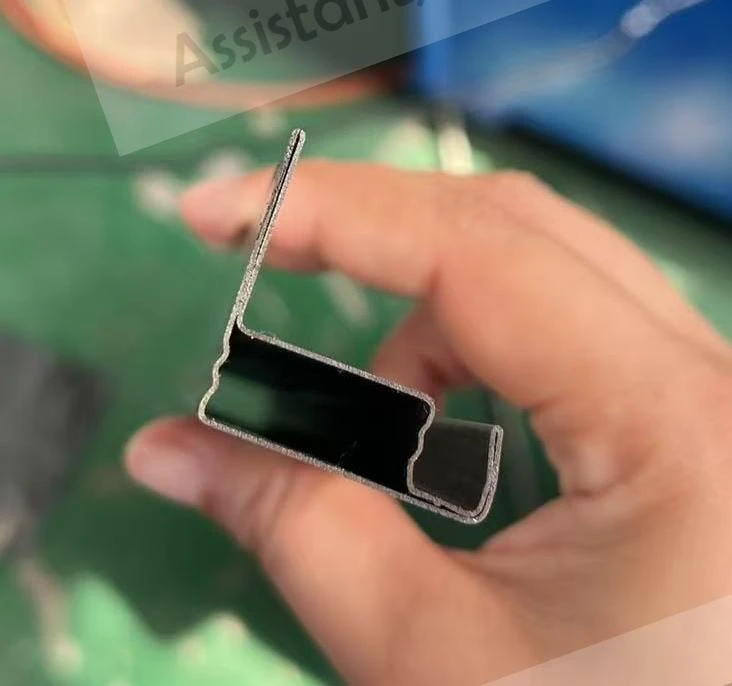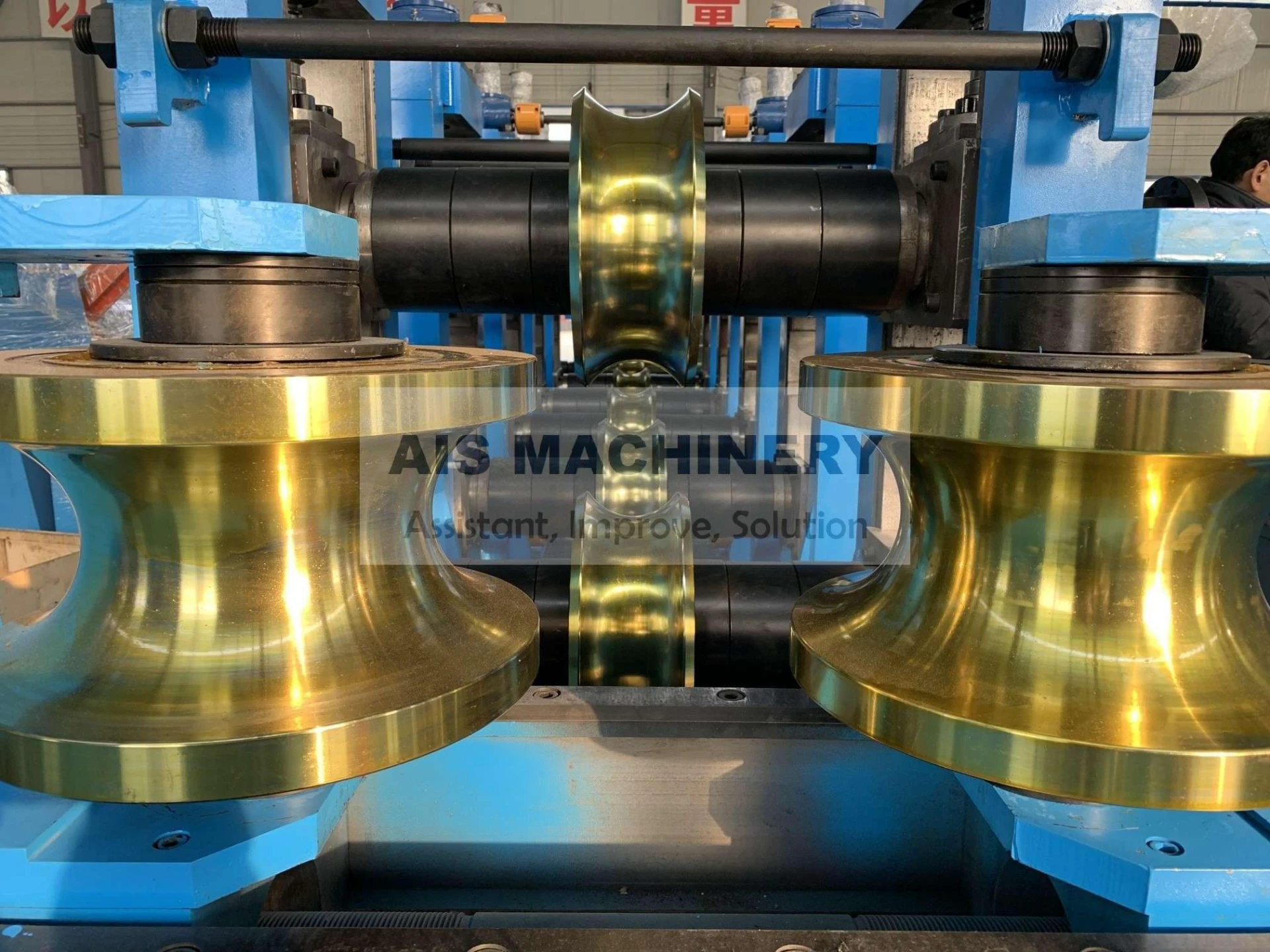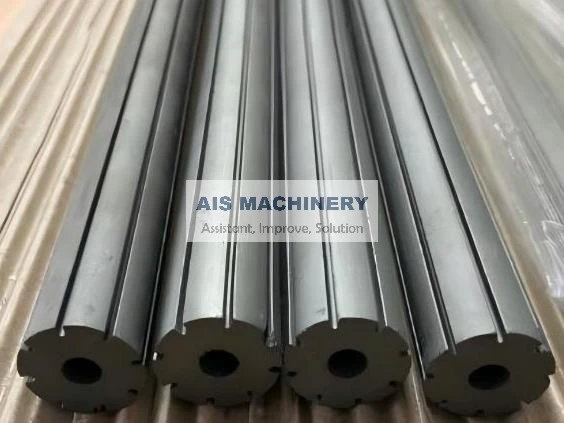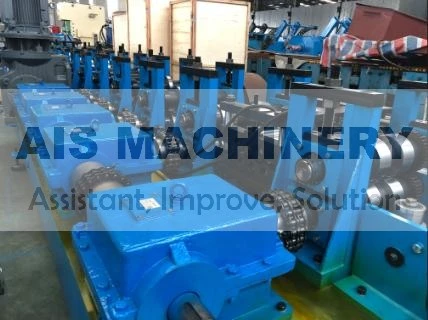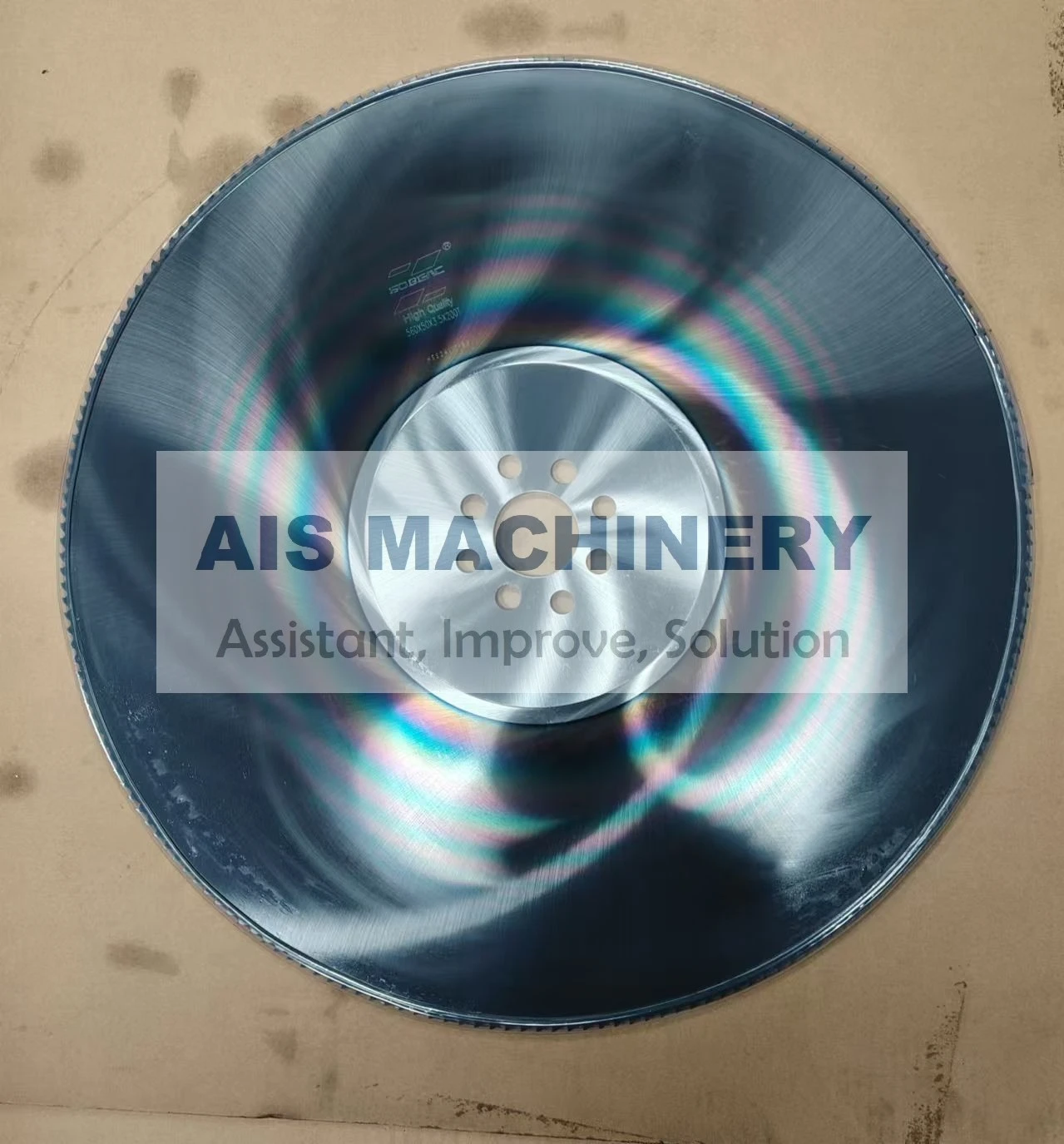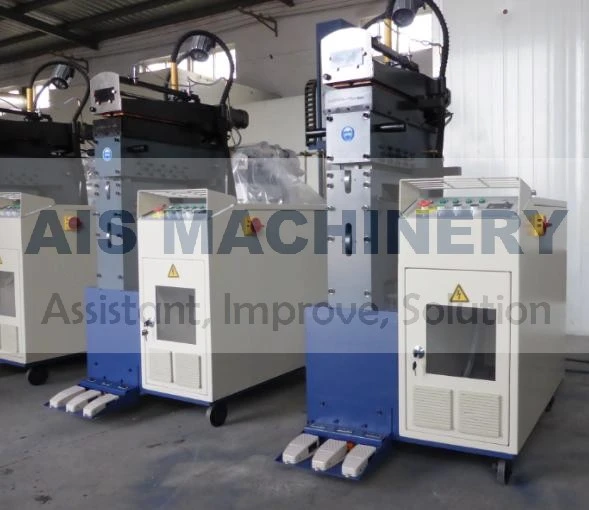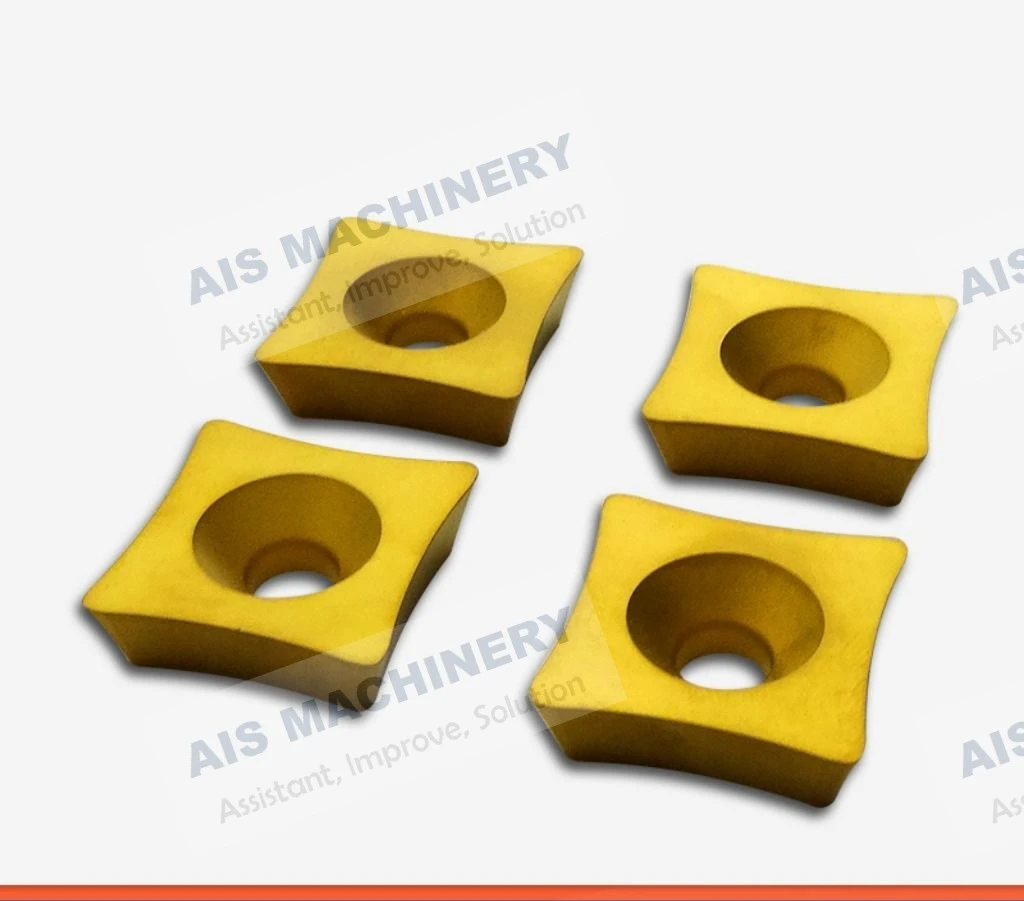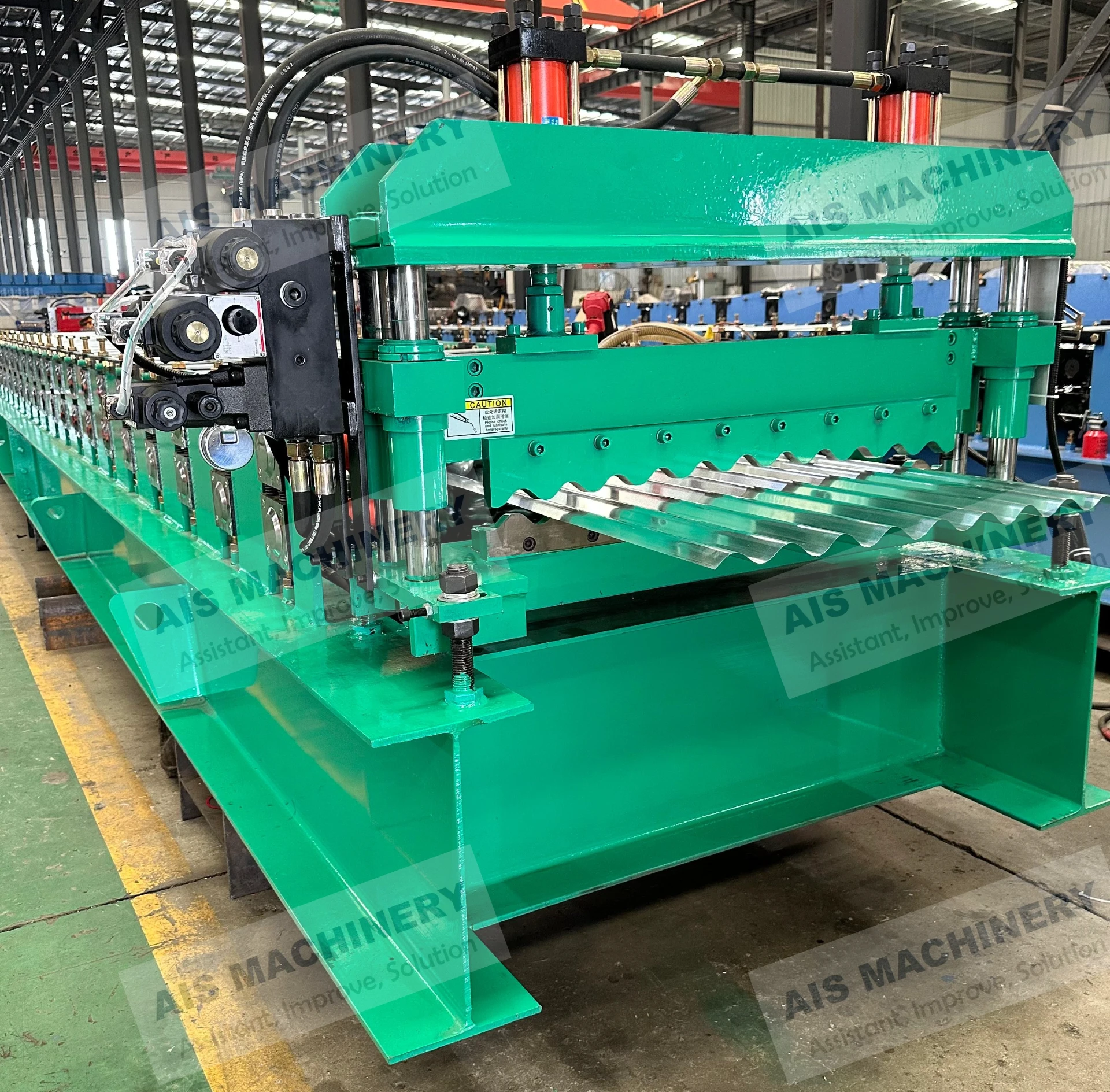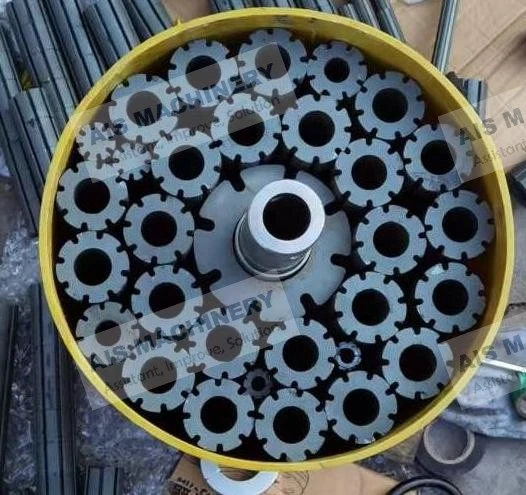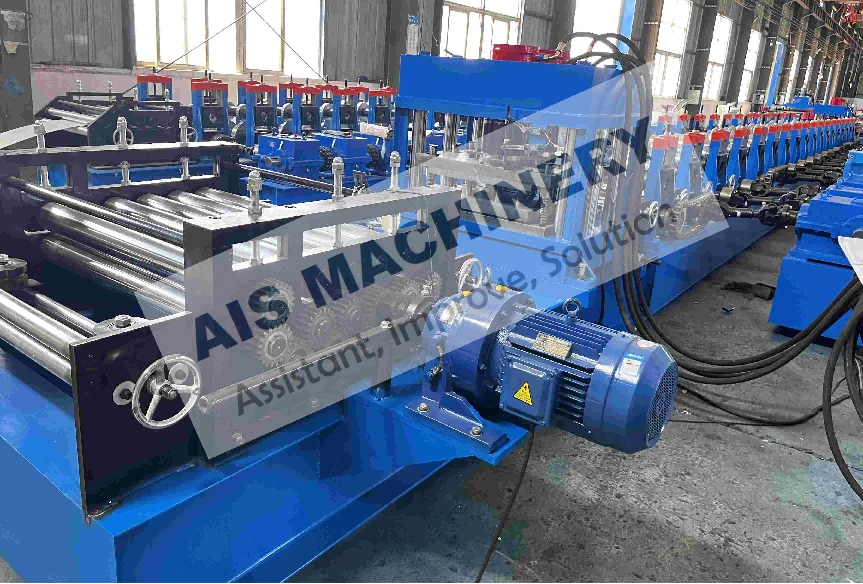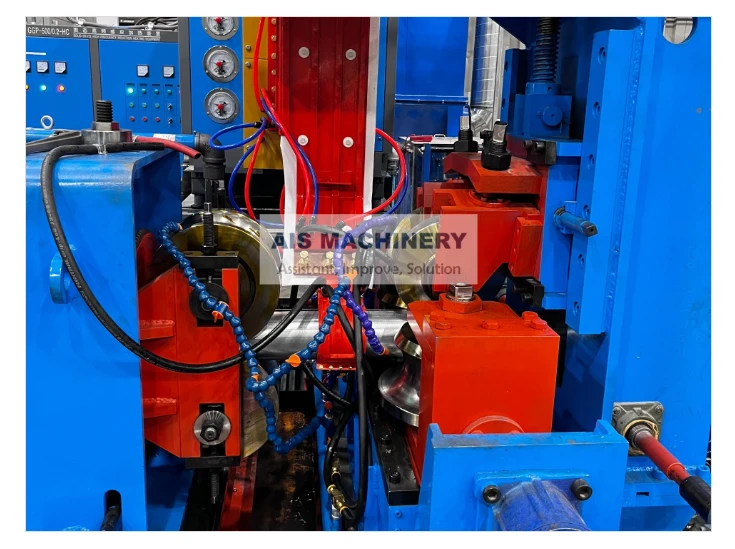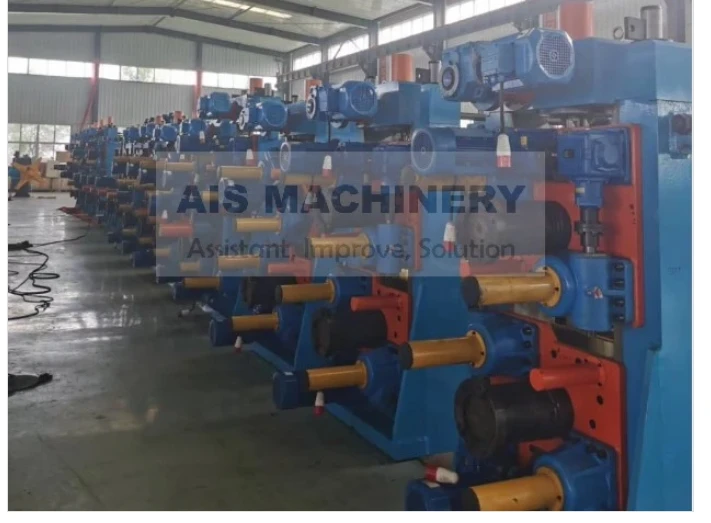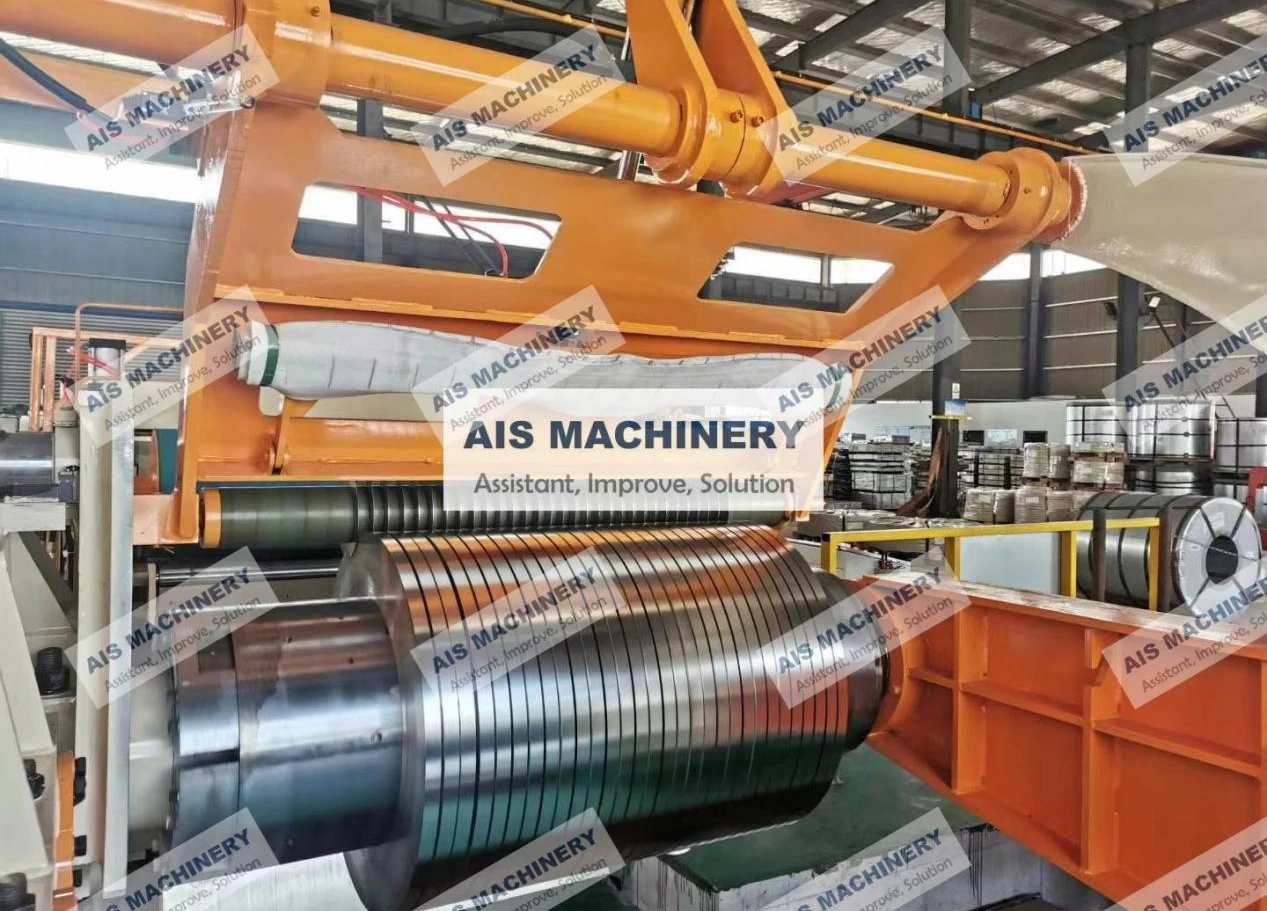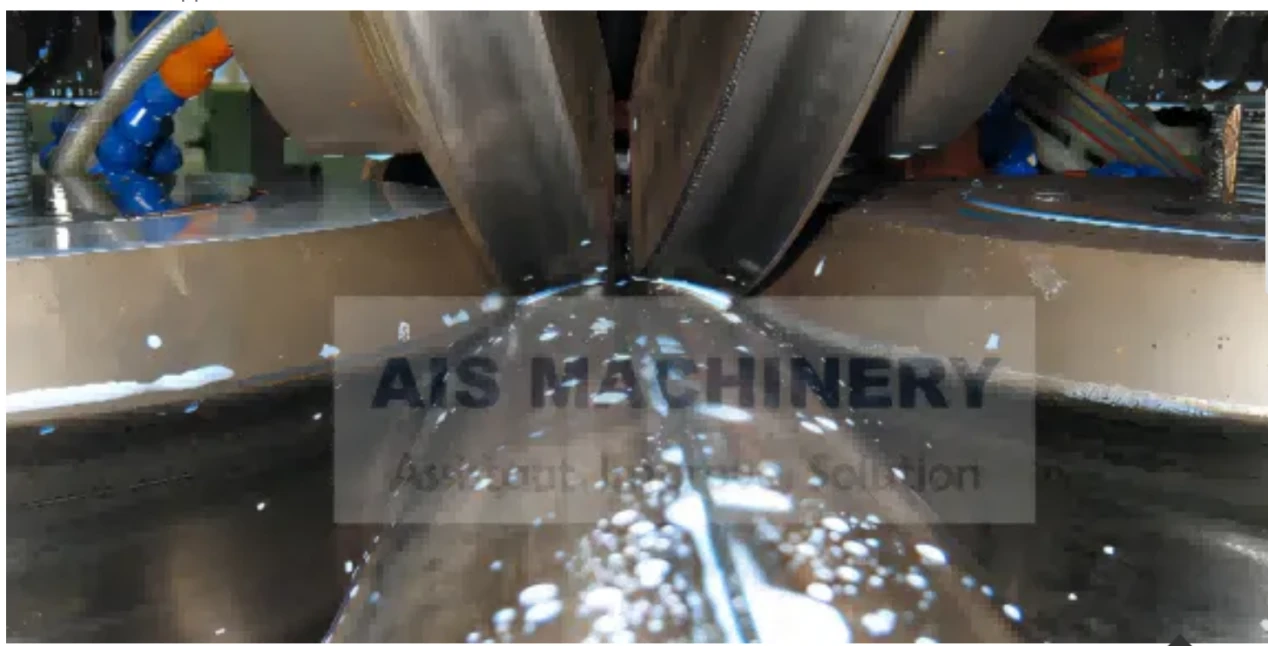-
 Tel:86-15176910262
Tel:86-15176910262
-

Search
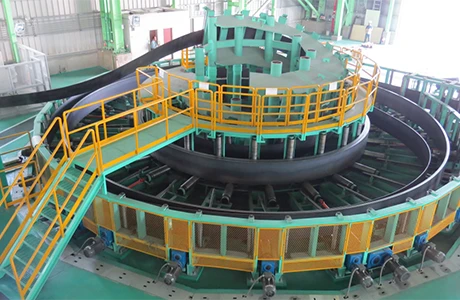
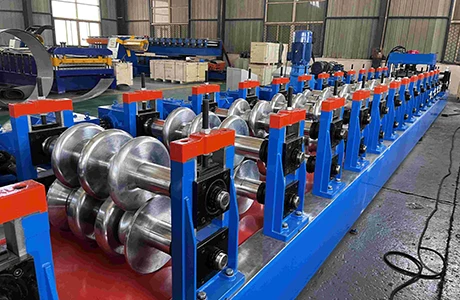
friction saw blade FAQs
1. What is a Friction Saw Blade?


A Friction Saw Blade is a specialized circular saw blade used for high-speed, high-temperature cutting of metals. It operates by generating frictional heat through high-speed rotation, softening the material at the cutting point, and enabling fast separation.
2. What materials can be cut with a Friction Saw Blade?


Friction saw blades are mainly used for cutting:
Carbon steel
Alloy steel
Cast iron
Steel pipes, profiles, billets, slabs, and rebar
3. What are the key benefits of using Friction Saw Blades?


Extremely fast cutting speeds
High productivity for continuous or batch cutting
Lower cutting cost compared to cold cutting methods
Effective for hot cutting of large cross-section materials
4. What is the recommended cutting speed for Friction Saw Blades?


The typical recommended cutting speed is:
60 - 150 m/s at the blade's outer periphery
This varies depending on the material type, thickness, and cutting equipment.
5. Can Friction Saw Blades be resharpened?


No. Due to the severe wear, deformation, and tooth geometry degradation during high-speed friction cutting, friction saw blades are typically non-resharpenable and should be replaced when worn.




Related Products
Related News
Send a Message
Dear customer, thank you for your attention! We provide high-quality machinery and equipment and look forward to your orders. Please inform us of your needs and we will respond quickly!

